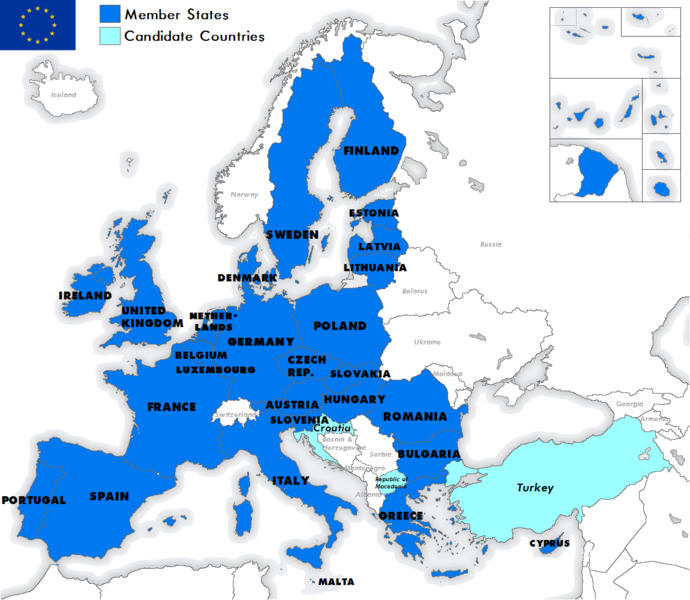On the way to Bremen, they see a lighted cottage; they look inside and see four robbers enjoying their ill-gotten gains. Standing on each others backs, they decide to perform for the men in hope of gaining food. Their 'music' has an unanticipated effect; the men run for their lives, not knowing what the strange sound is. The animals take possession of the house, eat a good meal, and settle in for the evening.
Later that night, the robbers return and send one of their members in to investigate. It is dark and he sees the eyes of the Cat shining in the darkness. He reaches over to light his candle, thinking he sees the coals of the fire. Things happen in quick succession; the Cat swipes his face with her claws, the Donkey picks up his hooves and kicks him, the Dog bites him on the leg, and the Rooster crows and chases him out the door, screaming. He tells his companions that he was beset by a horrible witch who scratched him with her long fingers (the Cat), a man with a knife (the Dog), a monster who had hit him with a club (the Donkey), and worst of all, the devil who screamed from the rooftop (the Rooster). The robbers abandon the cottage to the strange creatures who have taken it, where the animals live happily for the rest of their days.
On the following you can watch a video of the students' work during different theatrical rehearsals. We hope you enjoy it.


